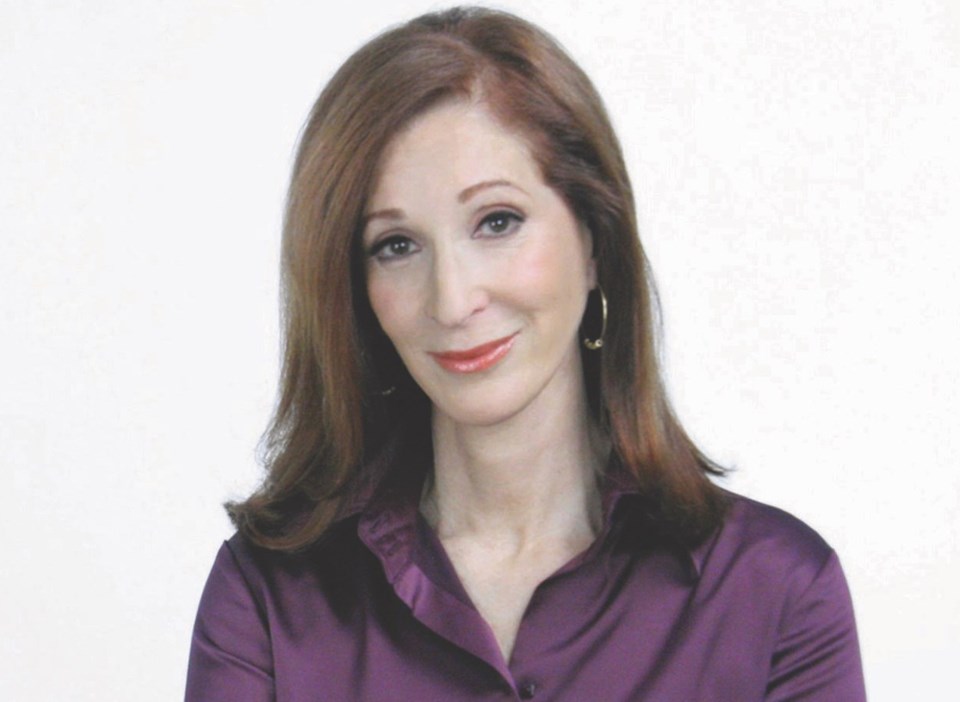 Dear Ellie: My daughter, 24, lives on her own. My son is 18. When they were very young, I set up a trust account for each of them. I’d deposit any extra money we had into their account evenly.
Dear Ellie: My daughter, 24, lives on her own. My son is 18. When they were very young, I set up a trust account for each of them. I’d deposit any extra money we had into their account evenly.
I didn’t realize that the money in the trust accounts was irrevocable.
While my daughter was living at home or away at University, we paid for everything including her studies, books, accommodations and living expenses.
The trust accounts now hold a significant sum, including my mother’s inheritance.
Several years ago, my husband and I separated. We’re currently sorting out our matrimonial assets with a lawyer’s help.
We have small savings but the majority had been deposited into our children’s trust account. Back then, we were financially stable. Our financial needs have now drastically changed due to the impending divorce.
We desperately need both children to give us the money in their trust accounts. My son agreed, my daughter refuses.
I explained that we’re divorcing and need her money to meet our financial obligations. She doesn’t care. It’s caused me, not my ex-husband, to be estranged from her. I love her, miss having a relationship with her and am heartbroken that she’s unwilling to help us out when it’s needed.
My mother’s also heartbroken and no longer has a relationship with her. Is my request to have her return the trust money inappropriate? How do I get past this and forgive her?
No Payback
This standoff is a relationship issue at its core. Your daughter’s estrangement from you, not your husband, speaks volumes she doesn’t want to discuss. Instead, she’s punishing you.
Only you know why, though I suspect she may be unfairly blaming you for the divorce. But since both parents need the financial stalemate ended, your husband must join you as a partner, to move her to resolve it.
Divorcing couples can benefit from therapy about family issues, as opposed to seeking marital advice. This can be done online and through a minimum of sessions.
You both also need clear financial and legal advice solely regarding the trust fund and your options, if any.
Dear Ellie: I’m close to family members with two children under age seven.
They’re very conscientious about not allowing the children sugar or processed foods, nor to watch scary movies or commercial television.
Yet they’re very permissive, e.g., not enforcing their own guidelines, and allowing very bad behaviour without consequences, etc.
They say that they’re homeschooling the children, yet no schooling is apparent. The children just do puzzles and are read stories.
Most family members except me have shut them out because visits are chaotic due to the screaming and tantrums. The younger child is especially angry, and lashes out. The parents make excuses and never get him to be accountable.
As the only relative staying regularly connected, I feel compassion but it’s getting harder. I want to start a dialogue about their parenting style not working. But I don’t want to appear judgmental or wound them.
Concerned Auntie
You will be judgemental so accept that and explain why. Express love for them all and say your only goal is for the children to be well-adjusted for their age.
Show respect for their good intentions and remind them that home-schooled children still need to get along with their peers. Otherwise, rejection can isolate them from normal experiences of childhood and beyond.
The parents will likely be hurt, angry, and reject your advice completely. But they’ll have heard you.
Dear Ellie: I’m the unofficial leader of a group of motorcyclists who meet-up weekly. We’re soon heading out again this year, one rider short. She’s told me she has cancer.
We’ve discussed whether to tell the group. Her hope was to rejoin us in several weeks, avoiding the “cancer conversation.”
But it’s obvious that she’s not going to be riding yet. She’s more upset about this than the disease.
She’s decided that I explain why she can’t ride.
What do I say? How can I convey that she’d like her privacy during treatment and not be the center of attention when she returns?
Upset Friend
You’ve just conveyed your friend’s wishes very sensitively. Stress her desire for privacy, meaning no phone calls, texts or emails.
Some people will still want to reach out, so have someone prepare a large card signed by all and wishing her well, which you can get to her or show her virtually.
Ellie’s tip of the day
If you can recommend particular books and approaches on currently raising well-adjusted youngsters, send in your suggestions.
Send relationship questions to [email protected].
Follow @ellieadvice.


